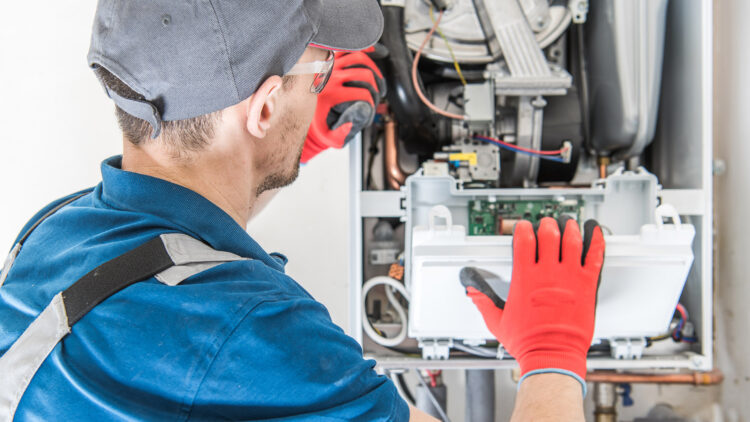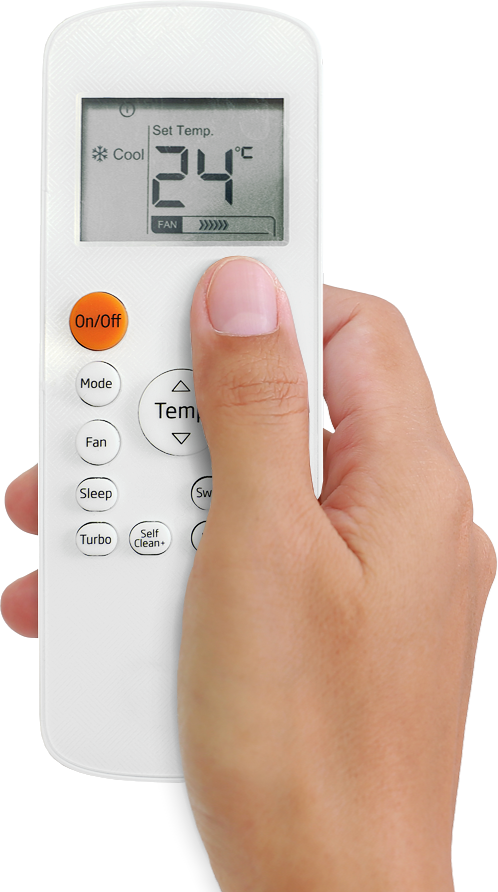Visit Our Homepage | Book Online | Learn More About Us
Heaters are essential appliances in our homes, especially during the cold winter months. They keep us warm and comfortable, making it easier to navigate through the chilly weather. However, just like any other mechanical equipment, heaters require regular maintenance to operate efficiently and last longer. Neglecting your heater’s maintenance needs can lead to costly repairs, poor performance, and even health risks. In this blog post, we will discuss the benefits of heater maintenance, why it’s crucial to do, and what’s included in the process.
The Importance of Heater Maintenance
Proper maintenance of your heater can help prevent costly repairs, extend its life, and improve its energy efficiency. When you neglect to maintain your heater, dust, debris, and other contaminants accumulate in the system, leading to decreased performance and higher energy bills. Clogged filters and dirty coils can cause the system to overheat, leading to a complete breakdown.
Regular maintenance can also help identify and fix minor issues before they become major problems. During a maintenance checkup, an HVAC technician will inspect your heater for any signs of wear and tear, leaks, or damage. They will also clean and lubricate the system’s components, ensuring everything is working optimally. By catching and addressing issues early on, you can save yourself from costly repairs and downtime.

The Benefits of Heater Maintenance
Improved Energy Efficiency: One of the primary benefits of heater maintenance is improved energy efficiency. When your heater is working optimally, it uses less energy to keep your home warm, leading to lower energy bills. A well-maintained system doesn’t have to work as hard to maintain your desired temperature, which can prolong its lifespan.
Better Indoor Air Quality: Another benefit of heater maintenance is better indoor air quality. When your system’s filters and coils are dirty, they can’t effectively filter out contaminants like dust, pollen, and mold spores. These contaminants can aggravate allergies and respiratory problems, making it uncomfortable to breathe in your own home. Regular maintenance ensures that your system is clean and operating at peak performance, which can help improve indoor air quality.
Prolonged Lifespan: Heaters are a significant investment, so it makes sense to want to prolong their lifespan as much as possible. Regular maintenance can help achieve this goal. By keeping your system in good condition, you can avoid premature breakdowns and the need for costly repairs. Additionally, a well-maintained system can last longer than one that is neglected, saving you money in the long run.
Cost Savings: As mentioned earlier, a well-maintained heater uses less energy to keep your home warm, leading to lower energy bills. Additionally, regular maintenance can help identify and fix minor issues before they become major problems, saving you from costly repairs and downtime. By investing in heater maintenance, you can save money in the long run and enjoy a more comfortable and efficient home.
What’s Included in Heater Maintenance?
Heater maintenance typically includes a thorough inspection of the system’s components, cleaning and lubrication of the parts, and testing of the system’s safety features. The technician will check for leaks, faulty wiring, and other potential safety hazards. They will also replace or clean the filters, which can become clogged with dirt and debris over time.

Conclusion
In summary, heater maintenance is crucial to ensuring that your system operates efficiently, prolongs its lifespan, and provides better indoor air quality. By neglecting your heater’s maintenance needs, you risk costly repairs, decreased performance, and even health risks. Regular maintenance can help you save money on energy bills, improve indoor air quality, and avoid costly repairs. Make sure to schedule a professional maintenance checkup for your heater at least once a year to keep it in good condition. To learn more, visit our about us page.

